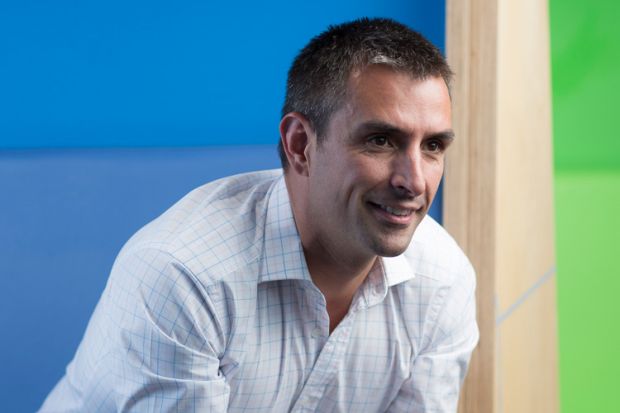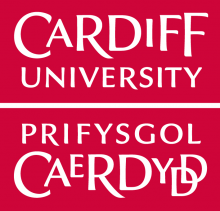After being appointed chief executive of the National Union of Students, one of the first things that Simon Blake did was to read its policy book – twice.
This was a substantial undertaking: the union has policies voted through by students on a vast range of issues, ranging from the teaching excellence framework and tuition fees to women’s liberation and boycotting Israel.
The inevitable consequence of having a weighty policy book is that the NUS cannot pursue all its remit with equal vigour all the time. And in a union with members who feel passionately about such diverse issues all the time, it means that the organisation cannot please all its members all the time.
Speaking to Times Higher Education, Mr Blake said he believed that the NUS should respond to these concerns about its effectiveness by focusing its campaigning efforts more explicitly.
“What the members are telling us is that they value all the different bits of what NUS does, but then when you bring them all together, they don’t equal more than the sum of its parts,” Mr Blake said. “Our trick has to be getting to the point where we’re able to prioritise and focus our resources where we believe we make the biggest impact and add the greatest value to student unions who are operating at local level.”
This is not necessarily about doing less. But it probably is about dialogue, communication and managing expectations, he explained.
“What is really important is that we are always clear on where we will make the biggest difference, and people understand why those decisions have been made,” Mr Blake said. “We should remember that our process of engaging, of debating, of developing motions is a really important process in and of itself.
“There will be a whole series of wins which will be the most important thing for some people and others will wish that we had focused on something else; and we just have to deal with that.”
Mr Blake has been with the NUS since May, having formerly been chief executive of youth sexual health charity Brook. A psychology graduate from Cardiff University, Mr Blake succeeded Ben Kernighan, who left after less than a year in charge.
The NUS is no stranger to political power struggles and some chief executives might find it difficult to play second fiddle to a student leadership that has sole responsibility for policy.
Mr Blake said that it was the student leadership that had attracted him to the role in the first place.
“I absolutely believe in, in any sector, in all issues, being led by the people it [the issues] affects most; and NUS and students’ unions have got absolutely the best model of that leadership,” he said. “It’s obviously a different model of working and it would be naive to say it doesn’t require you to think and understand things differently. And what you don’t have is the ability to say ‘that will happen’ or ‘that won’t happen’ and for it to happen or not happen.
“What you get is the ‘magic’ where staff and officers work together because it is about student leadership, but it is also a role in which you are there to advise, help, manage and support that leadership model in the best way that you can.”
Register to continue
Why register?
- Registration is free and only takes a moment
- Once registered, you can read 3 articles a month
- Sign up for our newsletter
Subscribe
Or subscribe for unlimited access to:
- Unlimited access to news, views, insights & reviews
- Digital editions
- Digital access to THE’s university and college rankings analysis
Already registered or a current subscriber?







